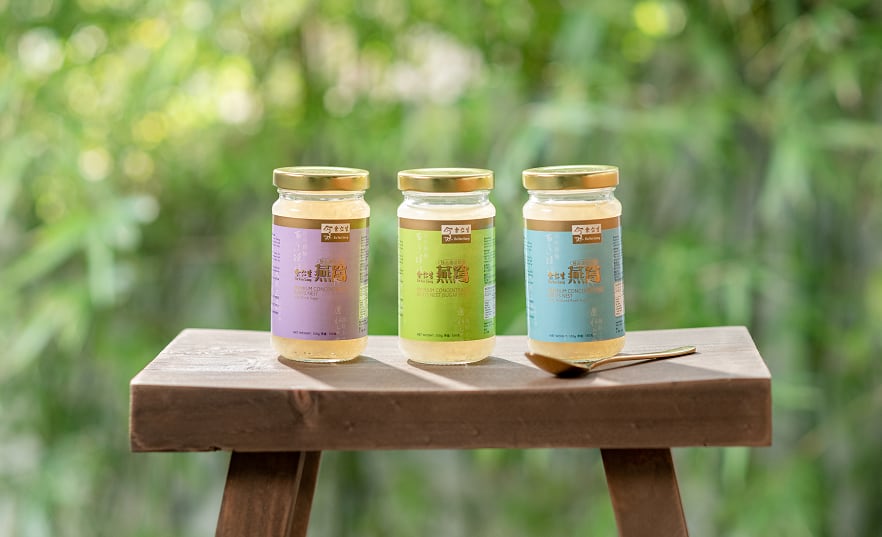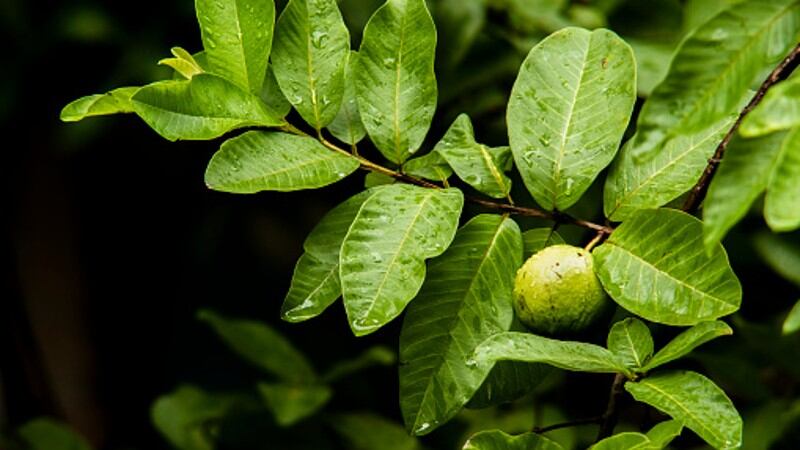Herbal Player is a subsidiary of one China’s largest Canadian ginseng importer Yier Healthcare, which imports a total of 800 tons yearly out of China’s annual Canadian ginseng imports totalling 1,400 tons.
The firm formerly focused on traditional Chinese medicine (TCM), herbal remedies and pharmaceuticals, but is now moving into functional food and beverage products in tandem with the Chinese government’s ‘药食同源 (Food as Medicine)’ national campaign.
“The government is placing a lot of importance on this campaign, and so far 106 ingredients have been categorised as part of this functional ingredients list, including Canadian ginseng,” Herbal Player General Manager Celia Xie told us at the recent Fi Asia 2025 show in Bangkok, Thailand.
“Canadian ginseng differs from Korean ginseng or Chinese ginseng, as the latter is generally ‘heaty’ and works to warms up and energise the body whereas the former is milder but contains high levels of ginsenosides which are the beneficial components with properties ranging from anti-inflammation to anti-cancer.”
In TCM, ginseng has generally needed to be processed or boiled for long periods to be drunk as tea or a tonic, or eaten as is which can be really bitter – but Herbal Player has developed nanotechnology that enables the extraction of ginsenosides for use in other more modern product formats.
“The main benefit of nano-extracted ginsenosides is that these are easier for the body to absorb and are available in stable concentrations – there are other well-known ginseng companies in the market, especially Korean ginseng brands, but these use traditional extraction methods so their products are more bitter and concentration is not guaranteed,” she added.
“The added advantage is we are able to utilise the ginsenosides in new products like sparkling waters, sodas and effervescent drinks – this is important as it makes it easier for new generations of consumers to approach the category without worrying about having to boil the ginseng or deal with a bitter taste.”
The firm is targeting Gen Z and millennial consumers, those in their twenties to thirties.
“The entire aim is to simplify healthcare and remove the complications that come with this, given how important health and wellness is to most consumers today,” she said.
“The sparkling soda format is especially popular now as it is all-natural with functional benefits, and is much healthier than a regular soft drink yet just as refreshing.”
Other modern formats
In addition to beverage formats, Herbal Player is currently also experimenting with confectionery as a way to bring ginseng into consumer diets.
“The market for functional foods is currently mostly dominated by shots, beverages and sometimes gummies – but very few are looking at the other aspect of confectionery which is the hard candies,” she said.
“The main challenge of hard candies is again due to the bitterness of most herbs, but this is something we can overcome using our nanotechnology – currently we have ginseng candies in flavours such as coffee and mint being piloted, and will be looking at more sweet flavours such as goji berries and orange moving forward.”
The brand was only recently launched in China, but is already making waves in online markets and moving into offline supermarkets soon.
The next step will be to look at international markets, with interest already coming from South East Asian importers from Thailand, Vietnam, Malaysia, Singapore and more.




